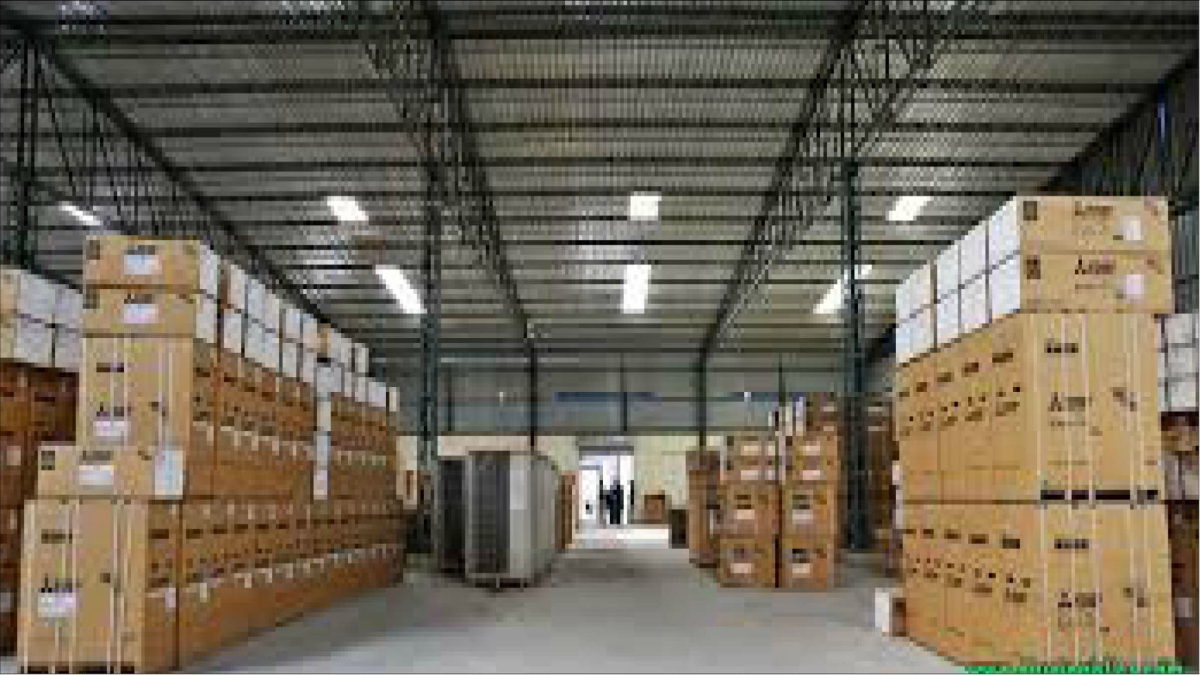


A national logistics policy will soon be in place and provide a very robust framework for action to work on improvements in the logistics and supply chain management for the nation, said Mr Pawan Kumar Agarwal, special secretary-logistics, Department of Commerce and Industry.
“In India, we had to devise our own formulations for the national logistics policy and therefore it has taken a little longer than what it should have taken, but I can assure you that we have reached the finality on this and I think you will soon see the final logistics policy in place,” Agarwal said at a webinar organised by ASSOCHAM
Agarwal also said that the logistics sector appears to be very-very complex. “Unless we get down to details and go down to specific commodities, geographies, modes of transport, concerns, we may just keep wandering without achieving much. This is precisely what we have been doing over the past 5-6 months.”
He added, “We have had seven rounds of discussion and our attempt has been to zero down to specific areas of intervention rather than making some very general statements and not being able to do anything about it. We wish to create a plan that is implementable.”
He elaborated, “Under the plan we have identified 12 areas that are levers of change that we would focus on – policy coherence, regulatory coherence, use of automation and mechanisation of warehousing, standardization and unitization of cargo, digital transformation, multi-modality, logistics infrastructure, professionalization of human resources, green & clean logistics and others.”
Further stating that these aspects would be covered in the national logistics policy, Mr Agarwal said, “I do hope that the policy is soon announced. We are not waiting for initiating action, in many areas we have already initiated action and are in different stages of implementation.”
He said that the focus is on ensuring that all this happens in a coordinated manner. “This coordination arrangement needs to be institutionalised as to how do we bring in a more robust structure of coordination at the national level, state level and between states and the centre.”
Noting that micro, small and medium enterprises (MSMEs) are a very important sector for economy, Mr Agarwal said that streamlining of processes will help MSMEs reduce logistics cost to a great extent.
Sharing his views, ASSOCHAM’s senior vice-president, Mr Vineet Agarwal said that there is a need to look at more incremental changes rather than very large interventions for the sector to improve in terms of policy and regulatory issues. “Besides, standardization and design innovation based on India-centric needs together with streamlining of processes would reduce time and logistics costs.”
ASSOCHAM’s secretary general, Mr Deepak Sood in his welcome remarks said, “As India focuses on becoming Atmanirbhar, we would see a revamp of domestic ecosystem and better alignment with the global supply chains – both of which will be significantly dependent on the robustness of logistics and warehousing.”
He added that the industry would soon move from just a service provider to the position which provides end to end solutions to their customers.
Lauding the government’s efforts, Mr Sood said, “The implementation of GST, the continued focus on building industrial corridors, according infrastructure status to logistics industry including warehousing, thrust on manufacturing and the promise of the Indian consumption market, all these factors together have enhanced the investment prospects of the country’s warehouse sector.”
Tarun Nangia is the host & producer of Policy&Politics